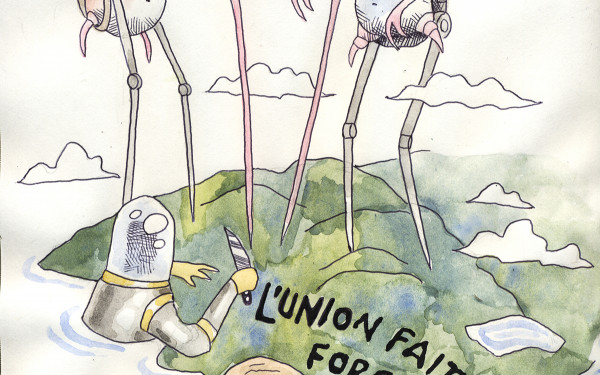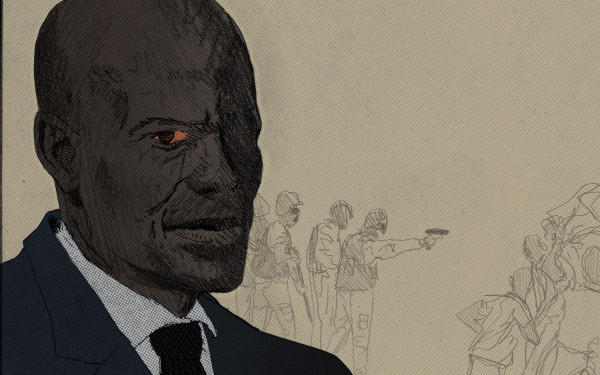Renewing the Campaign Trail
Haitian Presidential Candidate Visits Montreal
Haitian presidential candidate Mirlande Manigat was in Montreal this past weekend to raise support for her campaign in the second round of elections taking place this month.
It took over two months for the Haitian Electoral Council to decide which two of the top three candidates would be on the final ballot.
Outgoing president Rene Preval’s handpicked candidate was finally eliminated after widespread allegations of vote rigging and fraud were made against him.
Manigat was in Montreal to reach out to the 100,000 members of the Haitian diaspora, who, though ineligible to vote, can send money and sway family members living on the island.
“I’m campaigning outside of Haiti not for votes but to convince these people that I take their interests to heart and that I am counting on them to support my candidature,” said Manigat.
“These people can’t vote in Haiti because our constitution excludes those with dual citizenship from the electoral process,” she said. “But I am here to reaffirm my opposition to that aspect of the constitution and to let people know I will fight for their right to vote.”
She also took a moment during her press conference to thank Canadians for their generosity of both time and money in aiding the relief efforts after the devastating earthquake which saw over 230,000 killed and over one million left homeless. The country has been further affected by a cholera outbreak that has claimed 4,000 lives so far.
“It’s a tragedy for us, seeing as how 60 years ago cholera was wiped out of Haiti. This should be a priority,” said Manigat who is advocating for improved sanitation and access to clean water to help curb the epidemic.
She said the worst of the cholera epidemic has already happened but that Haitians will be feeling its effects for quite some time.
Manigat also spoke of the political realities in Haiti and how Haitians must not give up on the idea of democracy. She added that Haitians are not motivated to take part in the political process—and rightly so.
“We have a predator state that doesn’t really control anything. The few resources we have are poorly used. I believe that we need to send a message to our compatriots, that we are taking this problem seriously,” she said.
One of Manigat’s other major talking points was on NGOs in Haiti. Of the nearly 500 that are operational in the Carribbean nation, only about 15 per cent are registered with the government.
“A responsible government will put order into the NGO situation, it will demand the application of law, it will demand annual reports, it will demand the NGO open a Haitian bank account as is required by law,” she said.
Manigat also spoke about the return of dictator Jean-Claude “Baby Doc” Duvalier and the impending return of Jean-Bertrand Aristide, who was ousted in an American-led, Canadian-supported, coup d’état in 2004.
“Both [Aristide and Duvalier] have the right to live in their native country. But they have to respect the laws of the republic,” she said.
“The presence of two former presidents in our country conjures different memories. Memories that could produce agitations and with the situation we find ourselves in, the country needs calm and serenity [right now].”
This article originally appeared in Volume 31, Issue 25, published March 8, 2011.

__700_1054_90.jpg)

_600_375_90_s_c1.jpg)

1_600_375_90_s_c1.jpg)
